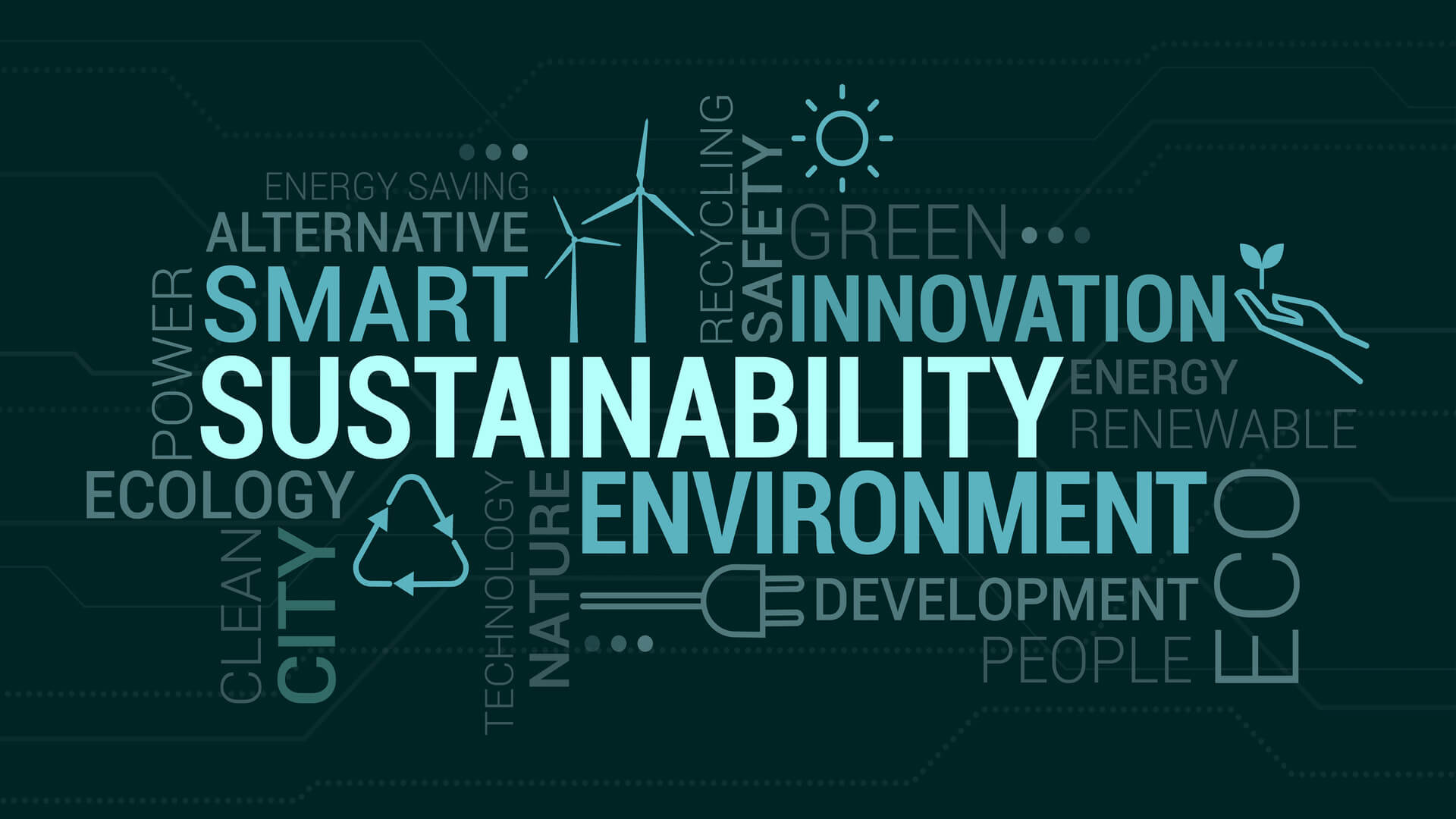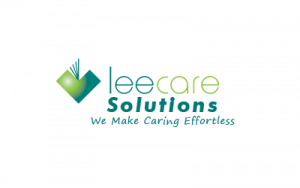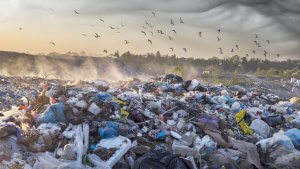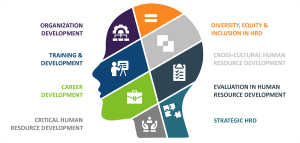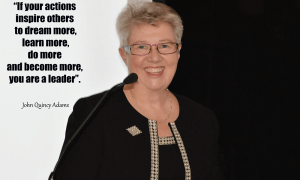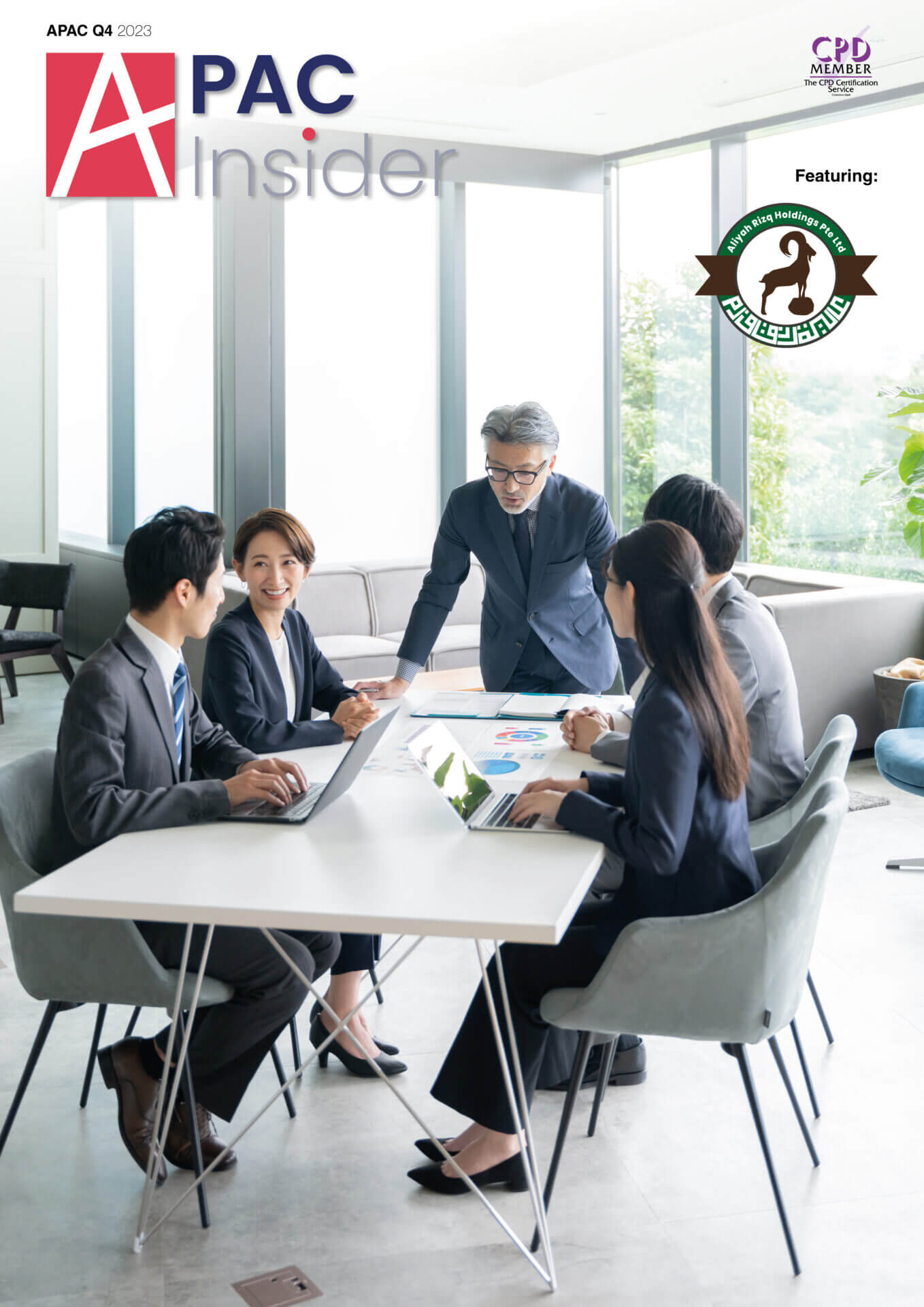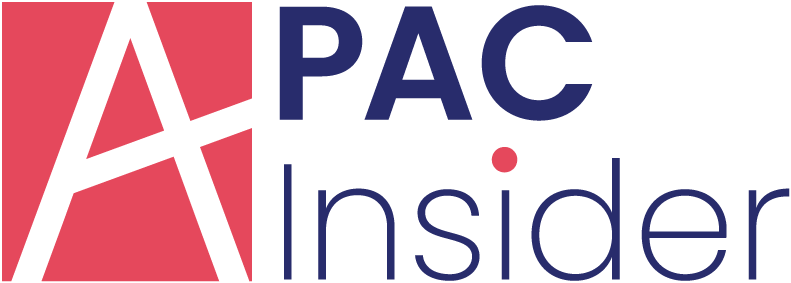Smoke rises between the houses from fuels being burned for cooking, threatening both the environment and human health through carbon dioxide emissions and indoor air pollution. Meanwhile, diapers that have not been properly disposed of are polluting waterways and sewage systems and become a potential source of disease. What do these two seemingly distinct problems have to do with one another? For starters, they are two of many hazards that the residents of Kibera – an informal settlement in Nairobi, Kenya, and one of the largest settlements in Africa – have to live with everyday. But both also were seen as an opportunity by the founders of a Nairobi start-up called LeafyLife that aims to recycle used diapers to produce a cheap, sustainable and clean fuel.
Dennis Muguta, Melvin Kizito and Peter Gachanja, the founders of LeafyLife, had to overcome many challenged when bringing their invention to life. As in many other low- and middle-income countries, training, funding and support for budding entrepreneurs is not easily accessible. According to the latest report of the Global Innovation Index, with the exception of China, every one of the 30 countries leading in innovation is a high-income economy. In response to this need, large players in the worlds of economic and innovation, including the World Economic Forum and the European Union’s European Institute of Innovation and Technology (EIT), have started initiatives to make innovation more diverse and support sustainability entrepreneurs, like LeafyLife, worldwide.
Global Sustainability Solutions
The ClimateLaunchPad competition, organised annually by EIT Climate-KIC, a public-private partnership funded by EIT, is one such initiative. Participants receive extensive coaching in entrepreneurship while the top 16 finalists also gain access to a business school for cleantech entrepreneurs, and developing start-ups receive mentorship, training and access to investors who help them turn into fully fledged cleantech businesses.
The founders of LeafyLife saw an opportunity for innovation in two hazards that the residents of Kibera face.
After winning the competition in 2019, the entrepreneurs at LeafyLife were able to secure funds, partners and collaborators to help them advance their invention. Diapers are complex waste, says Muguta – to be able to to produce a clean-burning fuel, they have to be cleaned and deconstructed into their building blocks, some of which can then be turned into a fuel gel. Chemists by trade, Muguta, Kizito and Gachanja welcomed the engineering help they received from their newly acquired collaborators.
“I would say all the partners that we have at this moment, is because of Climate Launchpad,” says Muguta. “The acceleration program that Climate Launchpad has been taking us through has equipped us with quite a lot of knowledge.”
Another initiative, UpLink, is a global platform aiming to discover breakthrough sustainability ideas. Hosted by the World Economic Forum, the platform crowdsources innovations by bringing together innovators, experts, investors and decision makers with the aim of working toward the U.N. Sustainable Development Goals. UpLink launches challenges on different themes, such as ocean health and reforestation. After review by an expert committee, finalists receive mentoring, considertaion for investment opportunities and exposure on World Economic Forum platforms.
“One of the big vision aspects of UpLink is that we can do more to support underrepresented markets, geographies, segments,” says John Dutton, the head of UpLink. Half of the finalists of the first Ocean Solutions challenge came from emerging markets, he says. The winner in the “tackling ocean plastic” category was a Myanmar-based company called RecyGlo, which aims to provide a sustainable recycling and waste management system for Southeast Asia that includes waste collection, waste awareness training, recycling and waste auditing services. Through representation on the World Economic Forum, the company was able to get an introduction to the government in Indonesia and has set up offices in Singapore and Malaysia.
Obstacles to Innovation
While such programs are a promising way to surface ideas that otherwise might be missed, Soumitra Dutta, the founding editor of the Global Innovation Index, cautions that they cannot solve all the challenges low- and middle-income countries face when it comes to innovation. “I think the challenge in emerging markets is not that people don’t have ideas. People have ideas,” Dutta says. The challenge is the country context, the institutional environment, the whole infrastructure, the whole political, regulatory environment. All these things are not supportive, often.”

Recognising excellence across the Asian Pacific.
Nominate now ➜
Read the latest and past issues of APAC Insider.
Explore issues ➜
Find out how we can help your business grow.
Find out more ➜